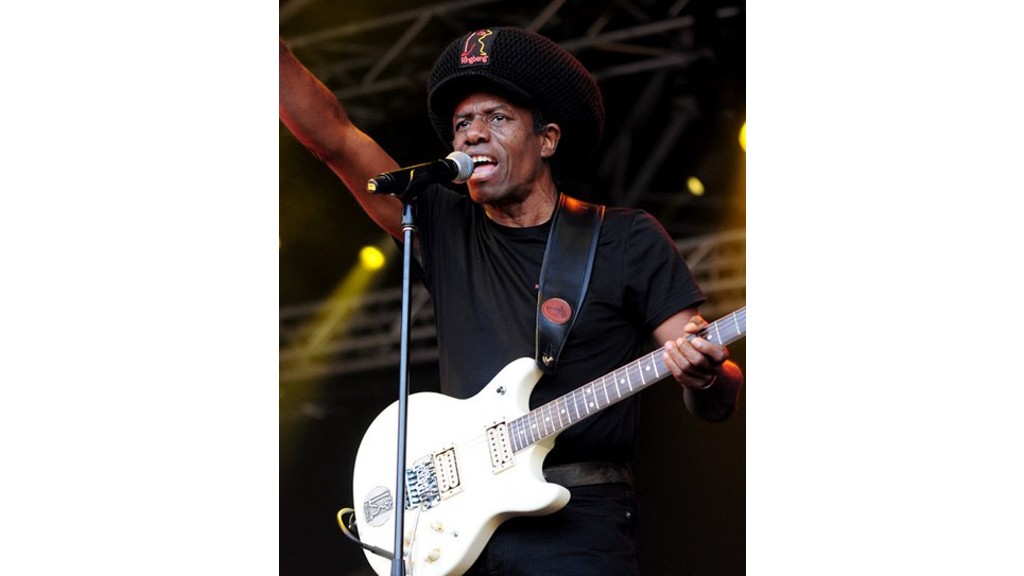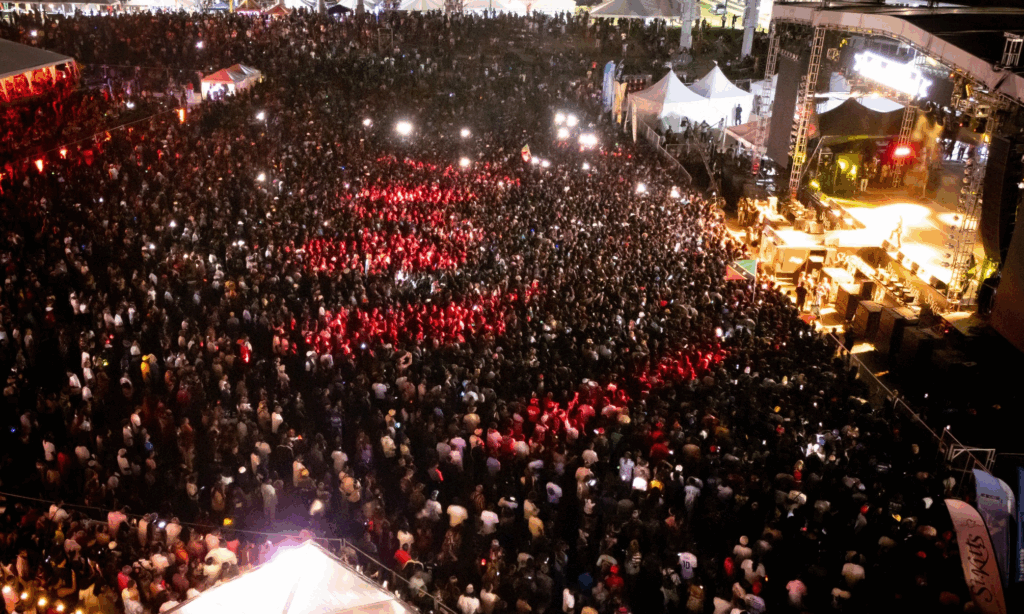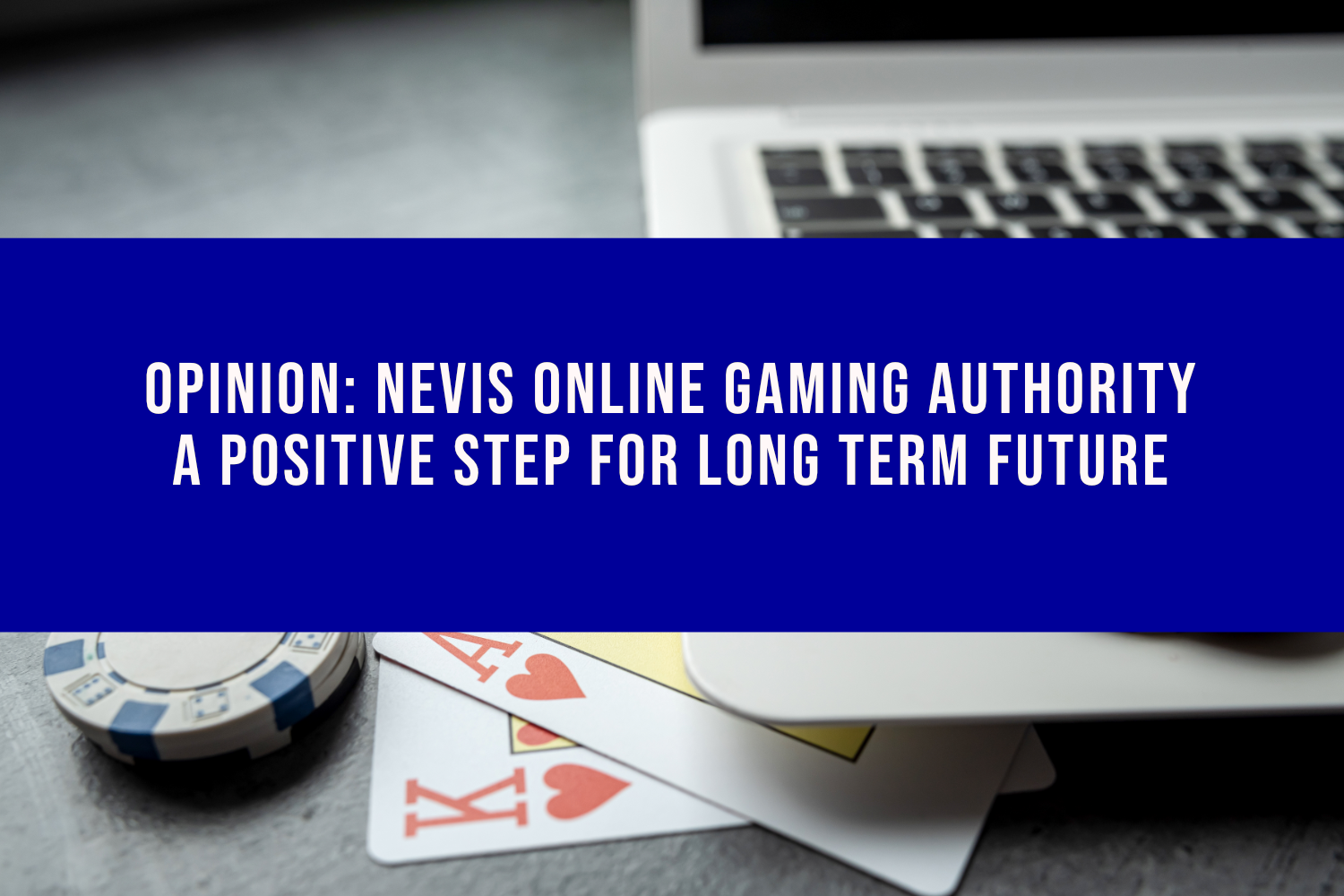Eddy Grant Prevails in Copyright Infringement Case Against Donald Trump Regarding “Electric Avenue”
Guyanese-British singer Eddy Grant has emerged victorious in a copyright infringement lawsuit against former US President Donald Trump, securing a decisive legal win over the unauthorized use of his 1980s hit song “Electric Avenue” in a 2020 campaign video. US District Judge John G. Koeltl issued a comprehensive 30-page ruling that found Trump liable for damages, rejecting Trump’s defense of “fair use” and affirming Grant’s copyright ownership. This decision represents a significant victory for artists and copyright holders, setting a precedent for protecting creative works against unauthorized commercial exploitation, especially in the digital age.
The heart of the dispute centered on a 55-second animated video posted on Trump’s Twitter account, which depicted then-presidential candidate Joe Biden struggling to push a cart along a railroad track while a “Trump-Pence” train sped past. “Electric Avenue” provided the soundtrack for approximately 40 seconds of the animation, reaching an audience of over 13.7 million views. The judge’s ruling detailed that Dan Scavino, Trump’s former director of social media, uploaded the video after consulting with Trump, who gave Scavino the go-ahead to post it. This highlights the direct involvement of the former president in the infringement. Grant’s legal team promptly issued a cease and desist letter, but the video remained online until Grant filed the lawsuit in September 2020.
Judge Koeltl meticulously addressed several key points in his decision. First, he established the validity of Grant’s copyright for “Electric Avenue,” emphasizing that Grant holding the copyright for a compilation album that included the song was sufficient for legal protection. This finding reinforces existing legal precedents, while Trump’s defense failed to produce any supporting case law. Second, the judge systematically dismantled Trump’s “fair use” argument by analyzing the four established factors determining fair use exemptions.
The court’s analysis of the four fair use factors decisively favored Grant. The judge determined that the use of “Electric Avenue” was commercial, aiming to promote Trump’s political campaign, and not for any non-profit, research, or educational purpose—conditions that could potentially qualify for fair use. He recognized the inherent “creative” nature of “Electric Avenue,” placing it firmly within the core protections of copyright law, as opposed to a “factual” work. The judge further noted the substantial portion of the song used in the video, highlighting its central role in the animation, not a mere incidental inclusion. Finally, and significantly, the judge acknowledged the potential harm to Grant’s market if such unauthorized use became widespread, arguing that it would encourage future infringements and diminish Grant’s ability to license his music for legitimate commercial purposes.
The decision represents a crucial victory for copyright protection in the digital sphere. Judge Koeltl stressed the importance of upholding copyright law to prevent widespread, uncompensated use of musical works, particularly in promotional videos, regardless of their political or non-political nature. He argued that such uninhibited usage would not only embolden potential infringers but also undermine the ability of artists to receive fair compensation for their creative work. This ruling reinforces the notion that copyright protections are essential for maintaining the economic viability of artistic creation and incentivizing the production of creative works.
The next phase of the case will determine the damages Trump owes to Grant. Grant initially sought US$300,000, but the final amount could be higher if legal fees incurred during the four-year legal battle are included. The parties may negotiate a settlement or proceed to a jury trial to assess the damages. The case required depositions from both Eddy Grant and Donald Trump, as well as from former Trump advisor Dan Scavino, underscoring the seriousness of the allegations and the thoroughness of the legal proceedings.
This case serves as a significant legal precedent, reinforcing the importance of copyright protection for musicians and other artists. It demonstrates that even prominent figures like former presidents are not immune to copyright law and that unauthorized use of copyrighted material, especially for commercial or political gain, carries tangible legal consequences. The ruling affirms the crucial role copyright plays in protecting the rights of artists and ensuring they receive fair compensation for their creative work, ultimately contributing to a vibrant and sustainable creative ecosystem.
Share this content:












Post Comment